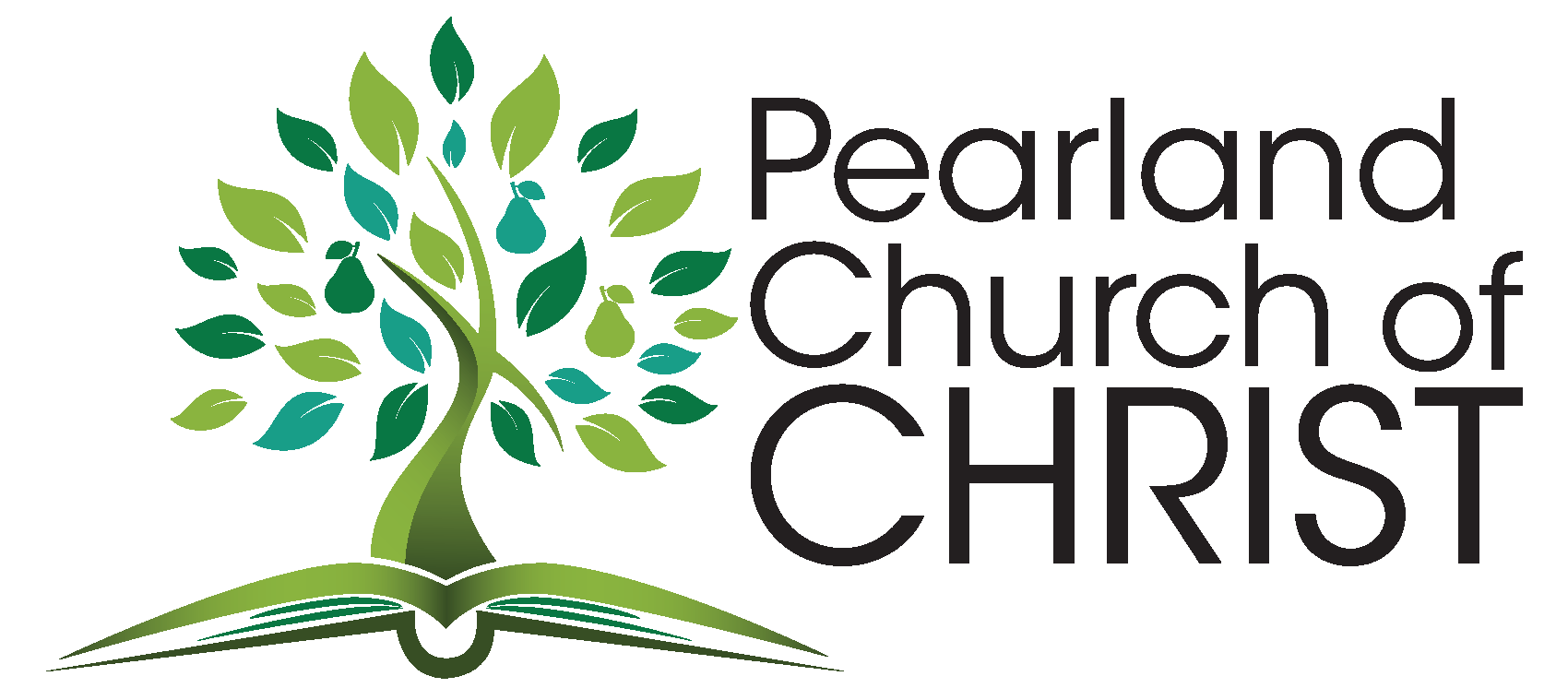In the opening statements of his book of wisdom for young people, Solomon gives instruction and compares two sources of influence. These are found in Proverbs 1:8-19.
The first instruction is an admonition to hear and not forsake the influence of godly parents. Hear, my son, your father’s instruction And do not forsake your mother’s teaching; Indeed, they are a graceful wreath to your head And ornaments about your neck (Prov. 1:8-9). Honor and admiration are among the benefits that will accompany that son or daughter for the rest of his or her life. The teaching of these two verses is so clearly understood, and the benefits so obvious, that the message needs no additional explanation.
The second instruction is a warning to know an evil influence when subjected to it and to not give in. Solomon will devote 10 verses to describing what they say, what they want to do, and the ruin they will bring upon a person (young or old). Solomon begins this section with a bold warning: My son, if sinners entice you, Do not consent (Prov. 1:10).
Implied is the fact that such people can be recognized for who they are. But how would a young person, still innocent in the ways of the world, know who the sinners are? Not because of instinct or inherent knowledge, but because they have heard their father’s instruction and their mother’s teaching and recognize that the counsel of the sinner is fundamentally different. Therefore, Paul instructs fathers to “bring them [children] up in the discipline and instruction of the Lord” (Eph. 6:4).
Notice that Solomon uses the word “entice.” My Hebrew-Aramaic dictionary says, “The primary root word for this meant ‘to be spacious, wide, or open—enlarge.’” Notice the contrast between instruct and entice. The wise instruction of godly parents is restrictive and narrow. Isn’t that a similar concept to what Jesus said regarding our pathways in life? “For the gate is small and the way is narrow that leads to life, and there are few who find it” (Mt. 7:14). But the counsel of the sinner is an appeal to be uninhibited by ignoring instruction and teaching. Jesus also said, “for the gate is wide and the way is broad that leads to destruction, and there are many who enter through it” (Mt. 7:13b).
Again, consulting my Hebrew-Aramaic dictionary reveals several synonyms that are found in the Old Testament for entice which include: allure, deceive, persuade, and seduce. Solomon describes their methods of enticement. They will use violence and oppression; even shedding innocent blood seems like an exciting and fun thing to do (Prov. 1:11-12). They promise a fast road to riches, and they assure their victim that he will be sharing in all that they steal (13-14).
Solomon warns, “My son, do not walk in the way with them. Keep your feet from their path, For their feet run to evil And they hasten to shed blood” (15-16). You cannot walk with them without becoming one of them! You can’t be their pal and tell yourself you won’t become like them–you will!
Their enticement is in their words of freedom, independence, excitement, and a fast buck. With such promises they persuade and seduce. But what’s behind the curtain? What are they not telling, and what is it that they don’t even know? They don’t know that they lay a trap for themselves. They don’t know that they lack the common sense of a bird who won’t fly into a trap or snare that it watches being constructed. They (the sinners) lay their own trap to ensnare themselves, and they don’t realize it. Put another way, they don’t even have a “bird brain.” In the end, they take their own lives by their choices (17-19).
My son, if sinners entice you, Do not consent is still good and necessary advice for all!
Keep studying. DC Brown ©2017
